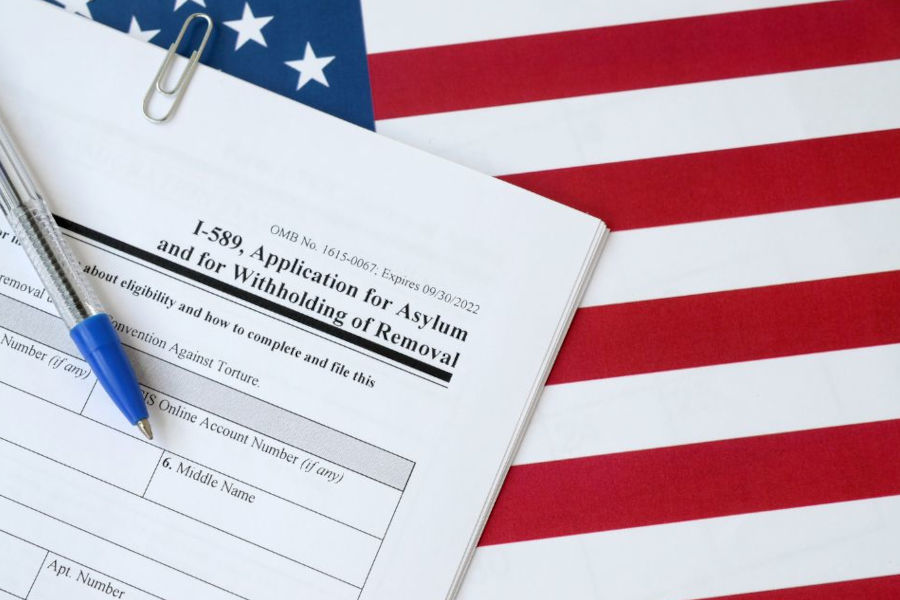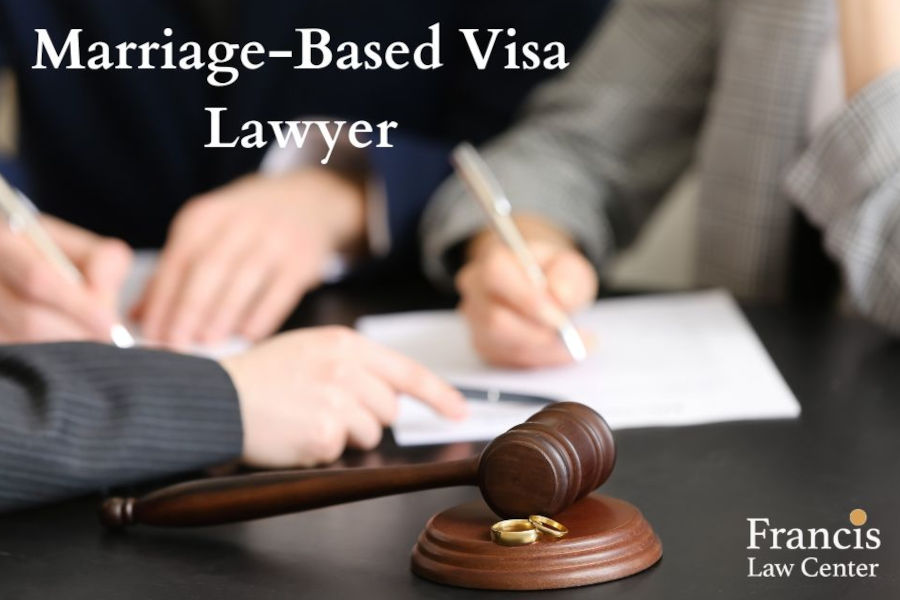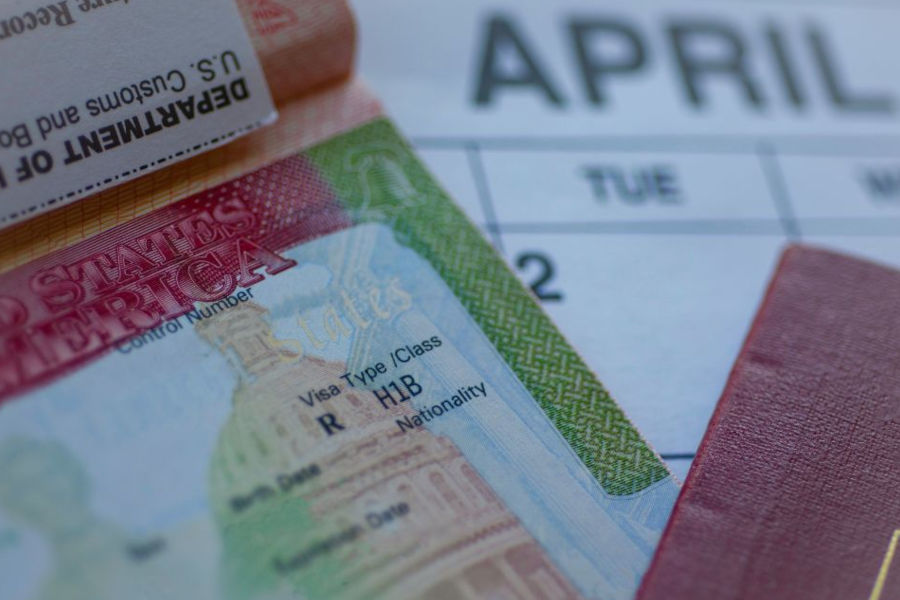Moving to Illinois or another U.S. state and becoming a citizen is a process that can take over a decade. Once people are established in the country, it is sometimes possible for them to bring family members over too. For many new citizens and green card holders, doing this is a long-held dream.
How the process works
There are two main forms of family-based immigration to the United States. Basically, it depends on how closely related the immigrant and their family member are. Immediate relative visas make it possible for nuclear families to be reunited in the U.S. In order to sponsor someone for this kind of visa, they must be a first-degree relative.
Immediate relative visas are open to U.S. citizens and green card holders. There is no limit to the number of people who can immigrate to the U.S. under this kind of visa annually. However, citizens can sponsor more kinds of relatives than green card holders can.
There is a cap on the number of family preference visas that are issued each year. These are for the more distant relatives of green card holders and new U.S. citizens, but they are not available to the families of all green card holders. That’s one reason it’s crucial to speak with an attorney if you want to sponsor a family member.
Getting help with legal issues
A lawyer may help you understand if your relatives qualify for family-based immigration. Immigration policy changes frequently, so it can be a good idea to check in with an attorney as your plans to sponsor your relatives evolve.










